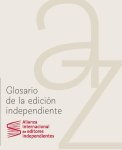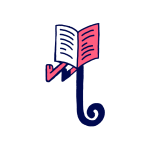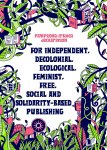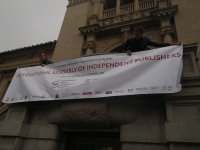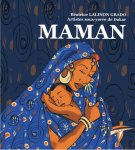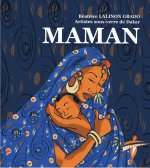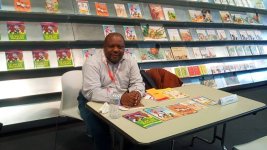
Traduit du français par Giselle UNTI
L’ouvrage La Violence des villes, paru initialement en 2005 dans la collection francophone « Enjeux Planète », est paru en juin 2006 en portugais.
Coédité par l’éditeur brésilien Vozes, l’angolais Chá de Caxinde et le portugais Campo das Letras, ce livre a reçu un appui de la Fondation Prince Claus pour la culture et le développement.
Après Les batailles de l’eau de Mohammed Larbi Bouguerra, c’est le second titre francophone de la collection « Enjeux Planète » traduit et publié dans la collection lusophone « Questões Mundiais ».
Au Nord comme au Sud, nous aimons les grandes villes, mais nous n’en aimons pas la violence. Une tendance lourde est d’en attribuer les causes aux habitants les plus pauvres, puis d’adopter, pour les combattre, des stratégies sécuritaires : nos sociétés se transforment vite en sociétés de la peur. L’urbanisme, déjà, divise l’espace en forteresses et bidonvilles. On ne peut pas continuer à penser l’urbanisation depuis les commissariats de police : une lecture alternative des phénomènes de violence et d’insécurité urbaines est nécessaire. Elle ne peut se faire qu’en les resituant dans le contexte de la violence de l’urbanisation et de la globalisation. En prenant en compte, aussi, le point de vue des pauvres et en privilégiant, d’entre les pauvres, les « méchants », les outsiders, les illégaux, les bandits, les membres des gangs.
Quand tout paraît fermé, la « vision du pauvre » ouvre des pistes pour une pacification des territoires urbains. Contre l’actuelle dérive sécuritaire, un dialogue créatif s’impose avec ceux que le pouvoir diabolise. Ce livre s’adresse à tous ceux qui cherchent à saisir le sens de la ville, ceux qu’elle effraie et ceux qui l’aiment et ne veulent pas y renoncer, mais également aux habitants des quartiers extrêmes, même s’ils sont pauvres et « méchants », même si la ville les détruit plus qu’elle ne les protège. Pour reconstruire des villes habitables, il faut désobéir aux modèles.
Date de publication : 2006,
188 pages
12 éditeurs francophones traitent de différents thèmes sur les défis de la mondialisation (ressources naturelles, aide au développement, rapports Nord-Sud, etc.). Une collection internationale pour une autre mondialisation : « Enjeux Planète » existe aussi en anglais et en portugais. De brefs essais, porteurs de diagnostics et de propositions, de perspectives d’action, accessibles à un large public. Portant le label « Le Livre équitable », la collection fait l’objet d’accords commerciaux justes et solidaires.


















